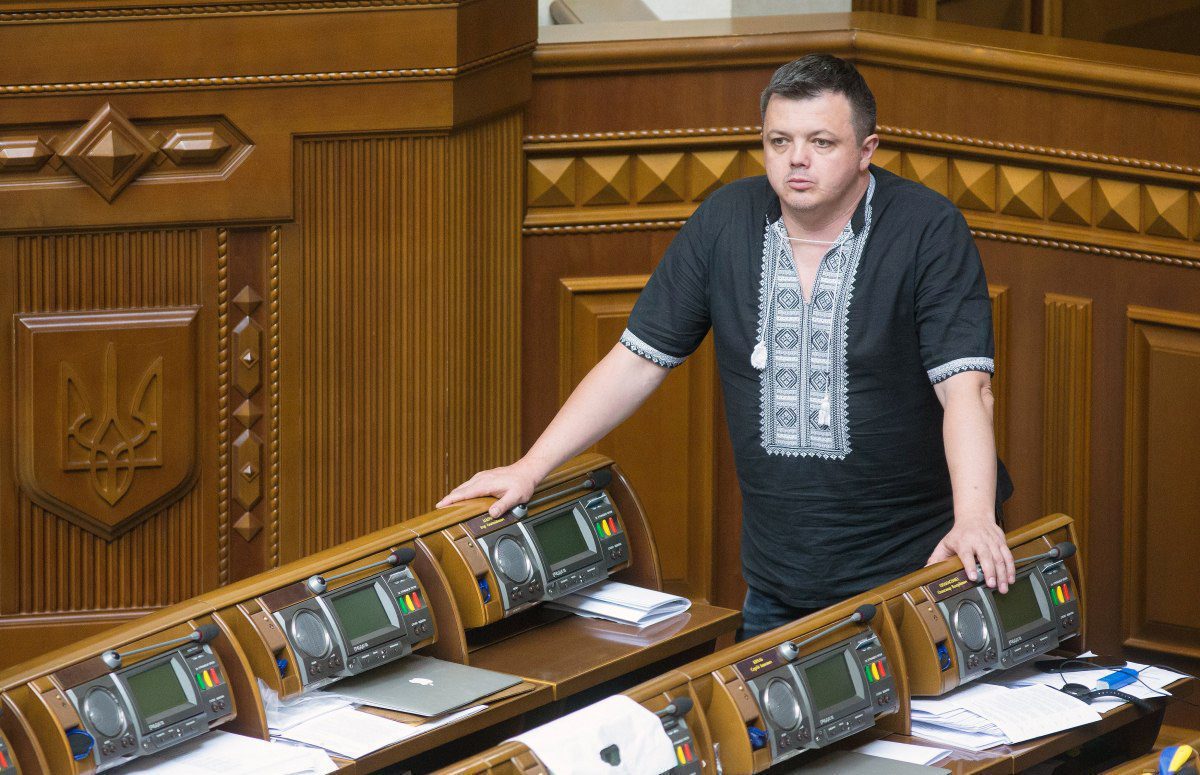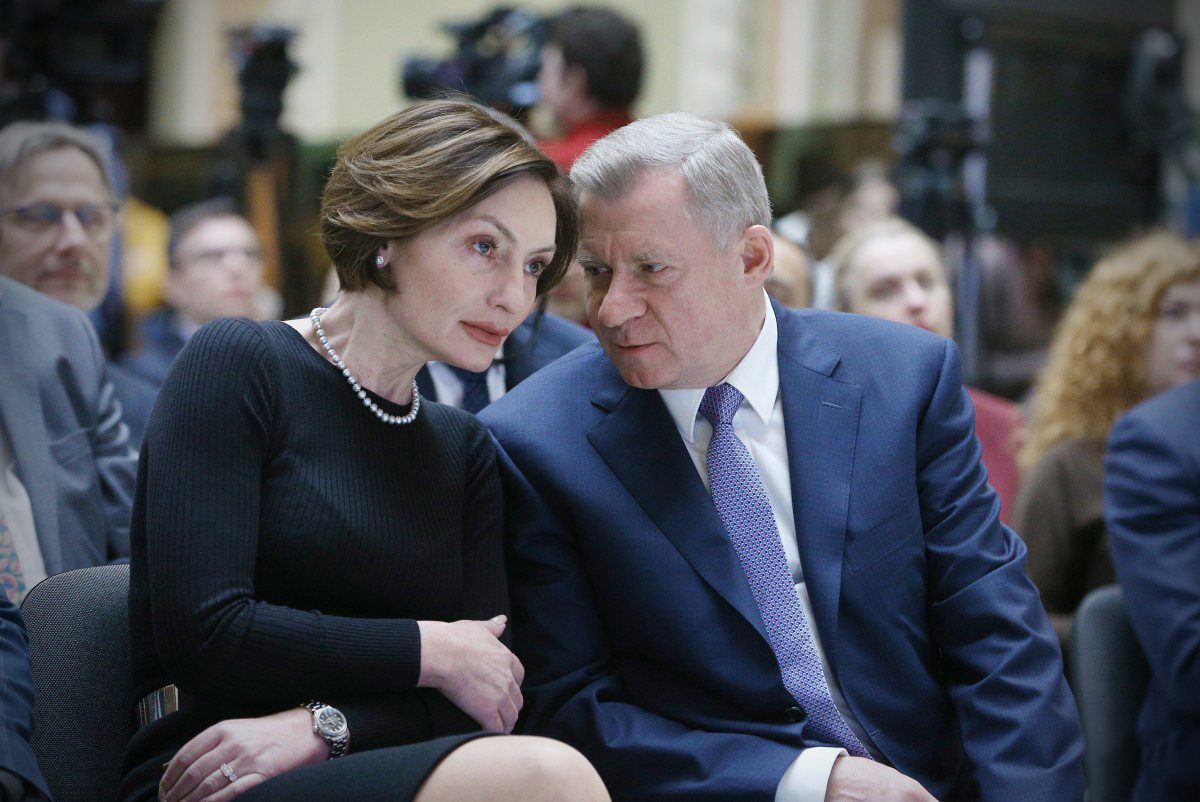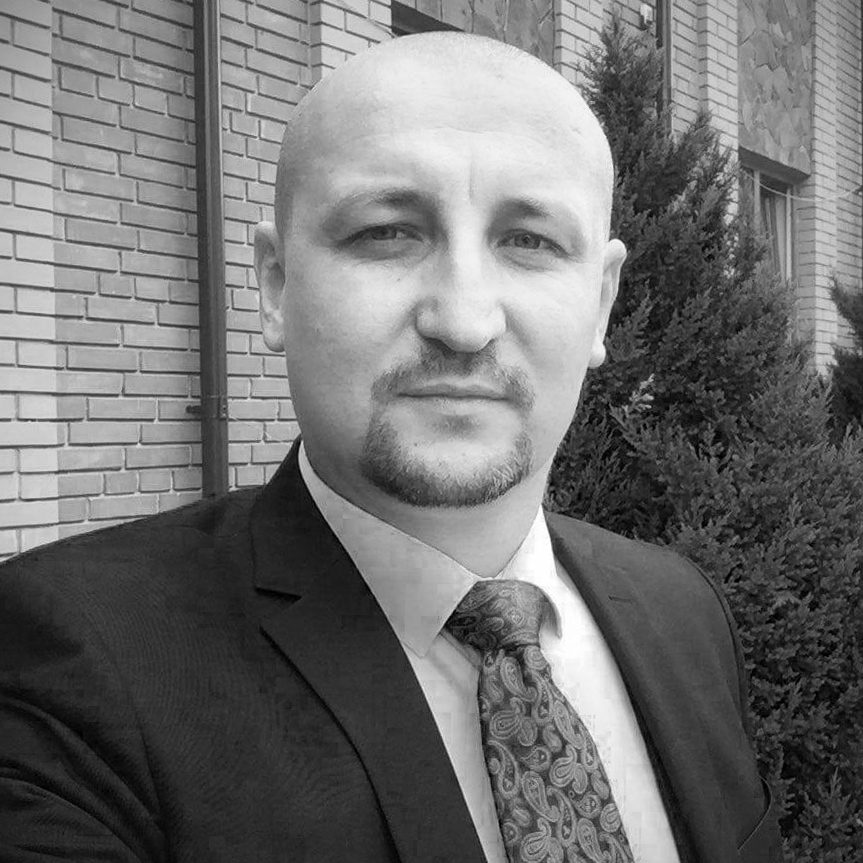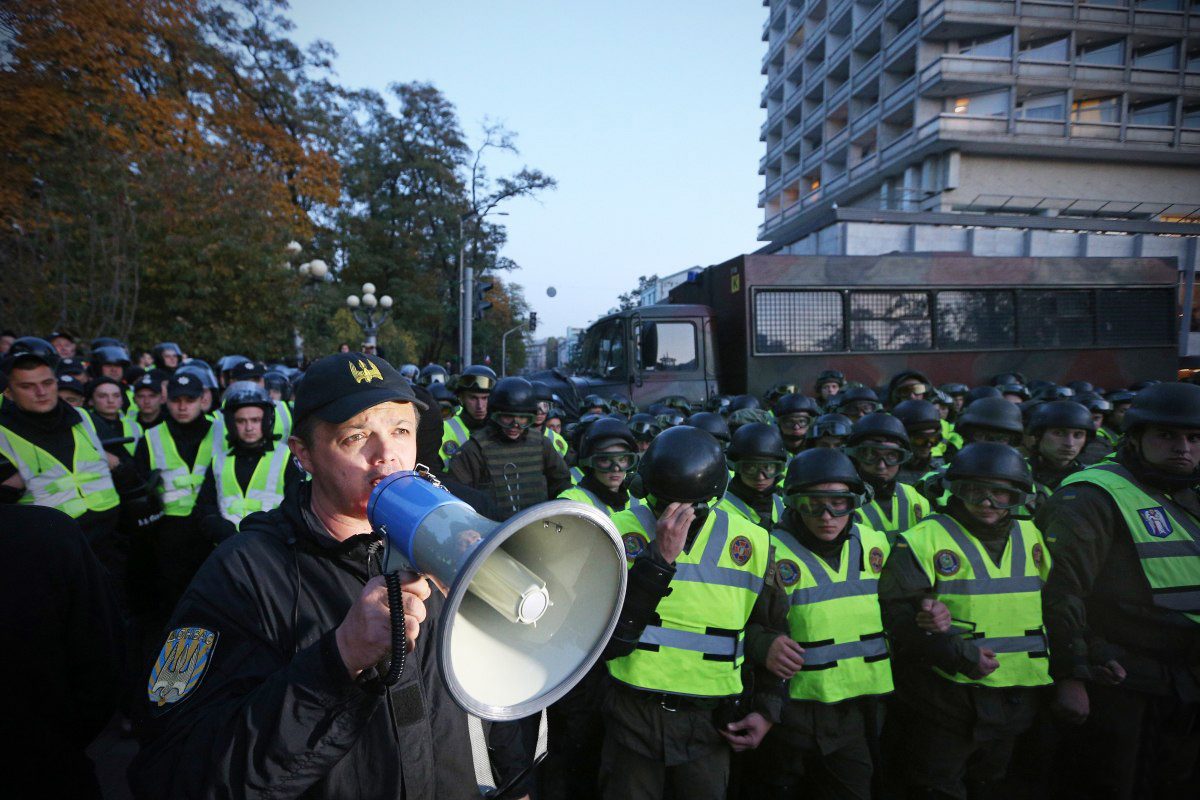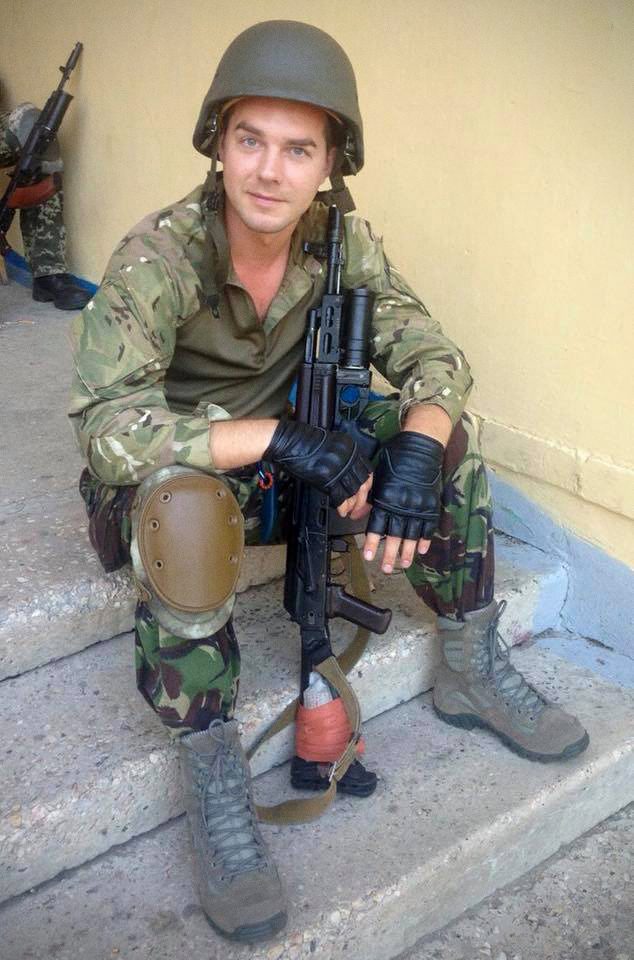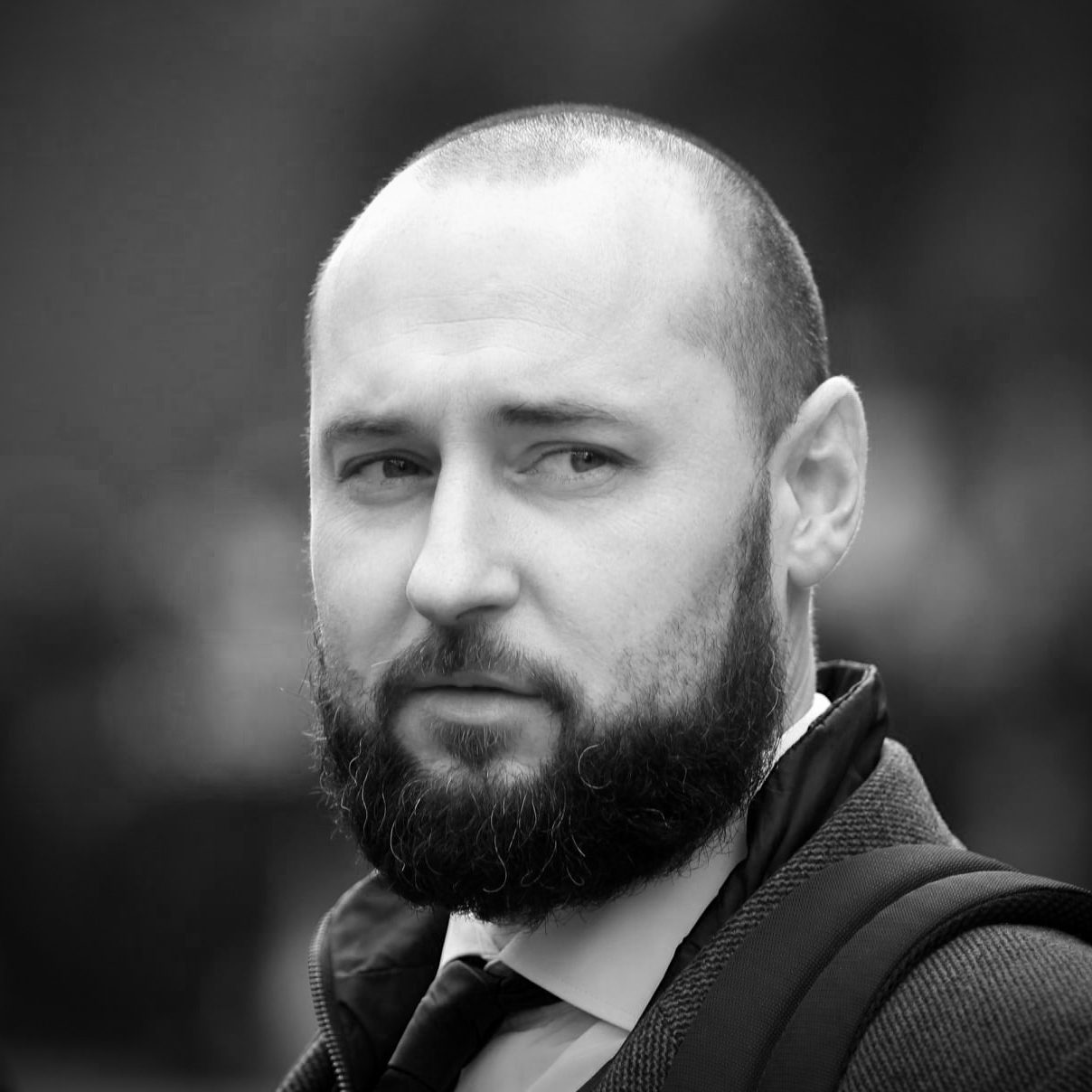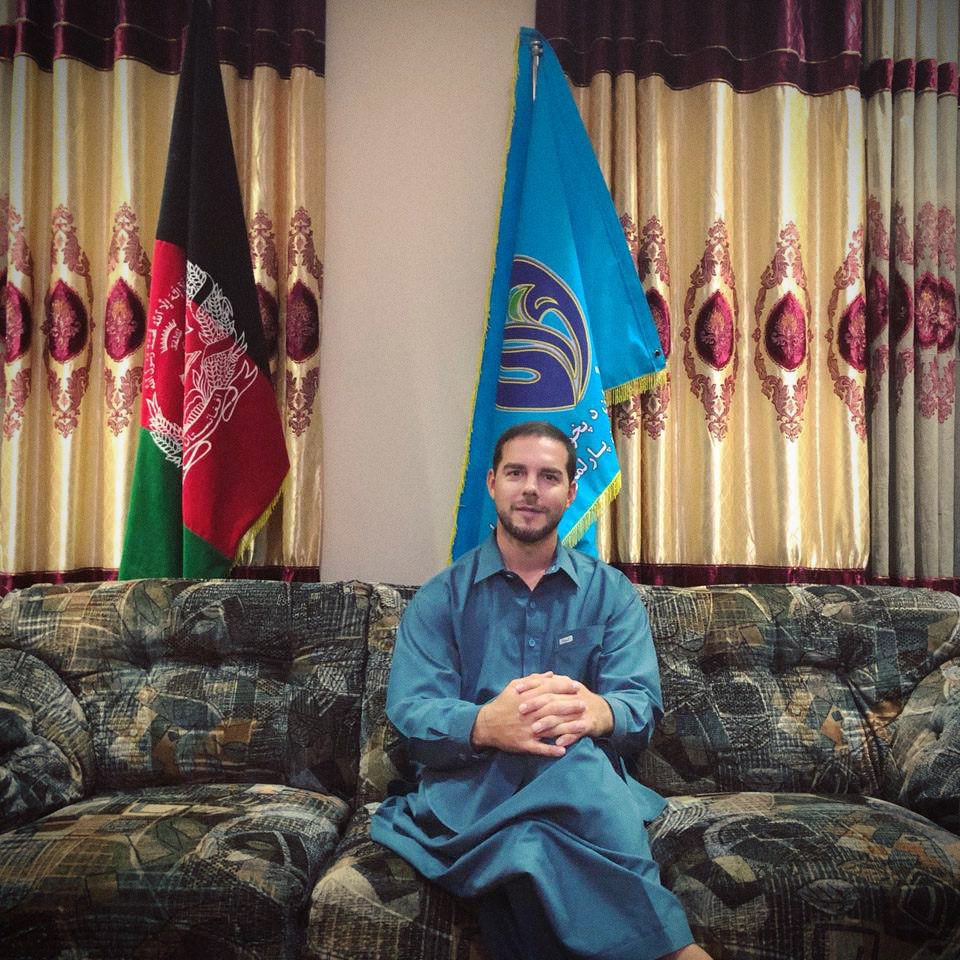What’s behind SBU “Mercenary” Accusations Against Yevhen Shevchenko and Semyon Semenchenko?

The Security Service of Ukraine has accused ex-MP and Donbas war participant Semyon Semenchenko, as well as so-called “freelance NABU agent” Yevhen Shevchenko, of creating an illegal private military company and supplying it with weapons and equipment from Russia. Both suspects are in custody. However, the men claim that the charges against them are purely political. Zaborona reports on what we know about the case — and how oligarch Ihor Kolomoisky is involved.
Suspected by the SBU
On March 24, the Security Service of Ukraine charged ex-MP and Donbas veteran Semyon Semenchenko and “freelance NABU agent” Yevhen Shevchenko for their involvement in the creation and the subsequent activity of a private military company, or PMC – popularly known as a mercenary company. According to the SBU, the company consisted of over 150 people, while the organization itself worked under the cover of various other security companies and civic organizations. Its members were trained at military bases near Kyiv and abroad.

Semyon Semenchenko. Photo: UNIAN
Investigators have also obtained information claiming that the suspects were involved in securing contracts between the PMC and organizations from the Middle East. They allegedly offered to deliver weapons to Middle Eastern countries, in addition to agreeing to import weapons, spare parts, and equipment from Russia. The imported goods were then sold to Ukrainian government facilities at inflated prices.
Kolomoisky’s involvement
On March 26, journalists from Slidstvo.Info published an investigation titled “The Billionaire’s Soldiers,” in which they describe how a PMC (“Doncorp Ukraine”), connected to Semenchenko, had carried out tasks for Ukrainian oligarch Ihor Kolomoisky.
Journalists spoke to former Doncorp participants Yevhen Sikoroy and Roland Melia, who are currently in conflict with Semenchenko; he allegedly failed to provide them with the foreign jobs he’d promised. According to documents reviewed by Slidstvo, the organization was supposed to work as an international military company, providing its members with work abroad. In effect, though, the organization became a private army, says Slidstvo. Instead of the international trips they had been promised, soldiers were tasked with solving local political and business disputes — specifically for Kolomoisky.
For example, in late 2019, Doncorp Ukraine members took part in rallies against for Ukrainian National Bank chairman Yakiv Smoly and NBU deputy chairwoman Ekaterina Rozhkova. Smoly himself accused Kolomoisky of funding the protests.
“He protested right alongside the other organizers. They stood outside the National Bank, while we were outside Rozhkov and Smoly’s houses,” ex-Doncorp member Yevhen Sikora told Slidstvo.Info. “Our task was to make a movie. It was a whole spectacle that took a week to develop and direct. A horse carrying a coffin on a wagon, guys dressed as the Grim Reaper, a coffin with “Smoly” written on it. He (Semenchenko) approved all these scenes, workshopped them… He observed from a car, called us, made corrections, and said we weren’t doing it right.”

NBU deputy chairwoman Ekaterina Rozhkova and National Bank chairman Yakiv Smoly; March 16, 2018. Photo: Volodymyr Gontar / UNIAN
Doncorp members also served as security guards for the company Centrenergo, of which the government owns the majority stake; the company even signed an official contract with Doncorp. Centrenergo’s management at that time was considered to be loyal to Kolomoisky — after all, it was his company that got the most benefit from Centrenergo’s activities, according to material obtained by Slidstvo.
In February 2021, Doncorp Ukraine took part in a shooting at a construction site on Kyiv’s Kazymyra Malevycha Street. Officially, the construction was ordered by the firms “De Resort Development” and Mriya Construction Association — the owners of which use the same telephone number as Mikhail Kiperman’s company Smart Student. Kiperman is Kolomoisky’s friend and business partner.
Semenchenko’s defense
According to Semenchenko’s lawyer Vladyslav Dobosh, no such PMC exists. The case falls under Article 260 of Ukraine’s Criminal Code, which pertains to the creation of and participation in illegal armed formations. Semenchenko, however, was associated with a security company that was officially registered both in Ukraine and abroad. According to Dobosh, this renders the charges irrelevant.
“If you follow the logic of the prosecution, then every security firm in Ukraine is an illegal armed formation. And every volunteer battalion. In reality, though, only the militia groups in the occupied territories of Ukraine are illegal. And now they’re trying to accuse the fighters and volunteers who defended the country’s territorial integrity of acting outside the law. It’s an SBU fairy tale,” Dobosh told Zaborona, adding that he sees “Russian influence” in the case.

Vladislav Dobosh
Despite that, according to Dobosh, Semenchenko has never had any legal relationship to the organizations mentioned. He simply “provided advisory and instructional assistance.”
As for the information about the security firm’s activities in service of Kolomoisky, Dobosh considered it unfounded.
“They provided official security services. And that’s supposedly to be in the interests of the oligarch? It could have been any other firm and any other oligarch. The company entered into a business contract. What does Kolomoisky have to do with anything? [By that logic,] if you pay for gas [sold by] Kolomoisky’s company, you’re working in the interests of Kolomoisky,” Dobosh said.

Semyon Semenchenko during a rally for the abolition of parliamentary immunity and the creation of an Anti-Corruption Court near the Verkhovna Rada; Kyiv, October 18, 2017. Photo: Volodymyr Hontar / UNIAN
Semenchenko is currently being held without bail in a pre-trial detention center. He’s facing five to 10 years in prison.
Shevchenko’s defense
Yevhen Shevchenko is known as the source behind data obtained by the NABU about multiple people who intended to use bribes to either close their cases or obtain jobs at the Bureau. According to him, he participated in two dozen Bureau operations, although he never officially became a NABU employee. As a result, he’s known as a “freelance NABU agent.”
Shevchenko was involved in Bihus.info’s investigation into the supply of spare parts to factories belonging to the Ukroboronprom Group — the so-called Hladkovsky case. According to journalists, Shevchenko “helps obtain the necessary documents from the NABU.”

Photo: Yevhen Shevchenko / Facebook
When Shevchenko was first charged with organizing an illegal armed group, he called the accusation baseless. According to him, the investigation failed to provide any evidence confirming his involvement. He also denied being involved in the importing of weapons from Russia.
Taras Bespaly, Shevchenko’s lawyer, told Zaborona that Shevchenko really did want to create an international security company. He discussed it with Semenchenko in 2018, and the two of them met with an investor from Kazakhstan. “They went to Iraq, Iran, and Afghanistan in search of a customer,” Bespaly said, but they ultimately never reached any agreements. The negotiations between Semenchenko and Shevchenko were also confirmed to Zaborona by a source who learned about them from the Iraqi investors the men spoke to.
“That’s when Shevchenko decided not to invest in the company, because he didn’t see a market for it. After that, he didn’t have any connection to it, not did he have any contact with Semenchenko,” said Bespaly. “Personally, I think this case arose because Shevchenko testified in the Wagner Group case. Now the authorities are trying to shift the focus.”

Taras Bespaly
In August 2020, Shevchenko became one of the first people to announce that the effort to detain mercenaries from Wagner, a Russian PMC, had failed. In his telling, a plane was supposed to bring the Wagner mercenaries to Kyiv, where they would be detained by the authorities. However, the Zelenskyy administration put a stop to the operation due to its supposed irrelevance. In March 2021, Shevchenko gave an interview to the open-source investigative group Bellingcat, who were making a film about the operation. Ukrainian officials have denied Shevchenko’s version of events, calling them “Russian propaganda.” Zaborona has written about the operation and the extradition of Wagner mercenaries before.
The Wagner case isn’t the only one Shevchenko has commented on. For example, he provided Zaborona with details about the return of two Ukrainian POWs from Iraq. Multiple men were held there for three years after failing to provide weapons. Official sources never reported that Ukrainians had been taken hostage, but did announce that their release was coordinated by Volodymyr Zelenskyy. Shevchenko did say, however, that Ukrainian authorities had help from Syrian Kurd Farhat Shaker Ali — an acquaintance of Shevchenko and the person who told him about the situation initially.

Yevhen Shevchenko in Iraq, September 2018. Photo: Yevhen Shevchenko / Facebook
Yevhen Shevchenko is currently being detained on a 5 million hryvnia (roughly $180,000) bond — an exorbitant amount, according to Bespaly. The defense is already preparing an appeal to release Shevchenko from custody, or at least reduce the bail.
Translated by Sam Breazeale from Respond Crisis Translation

